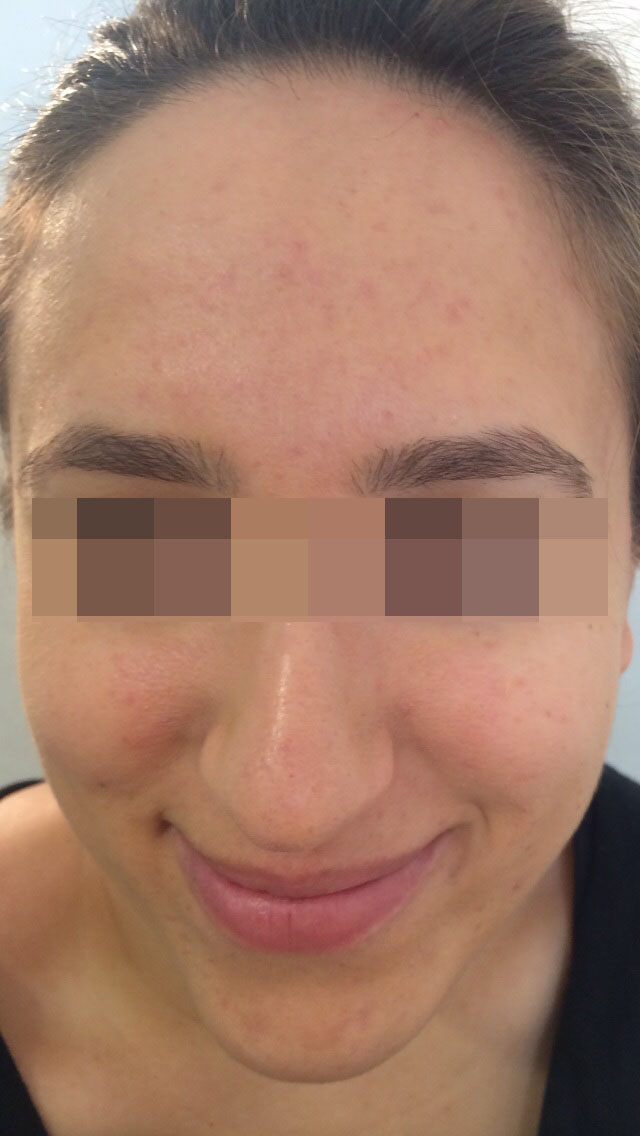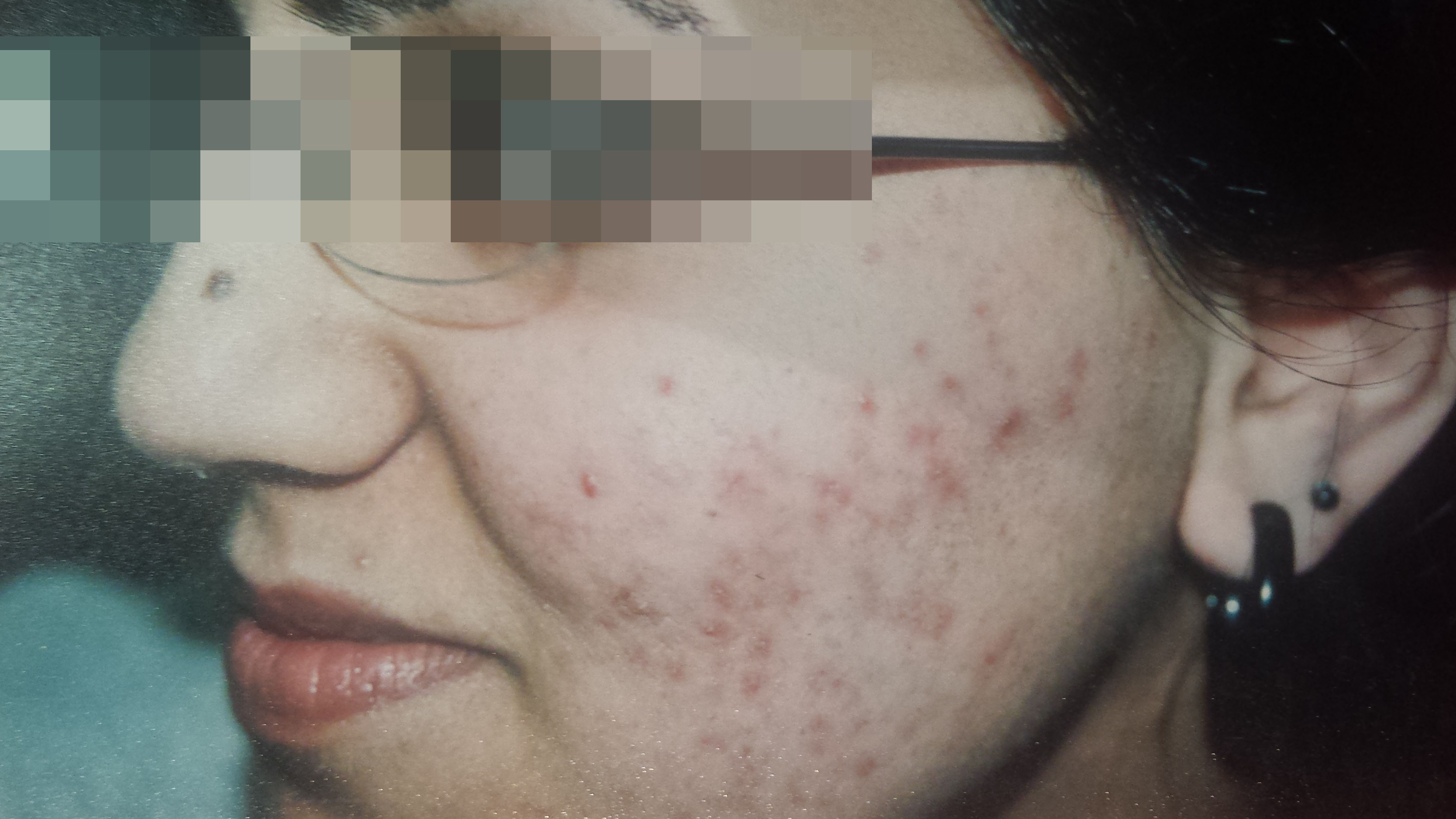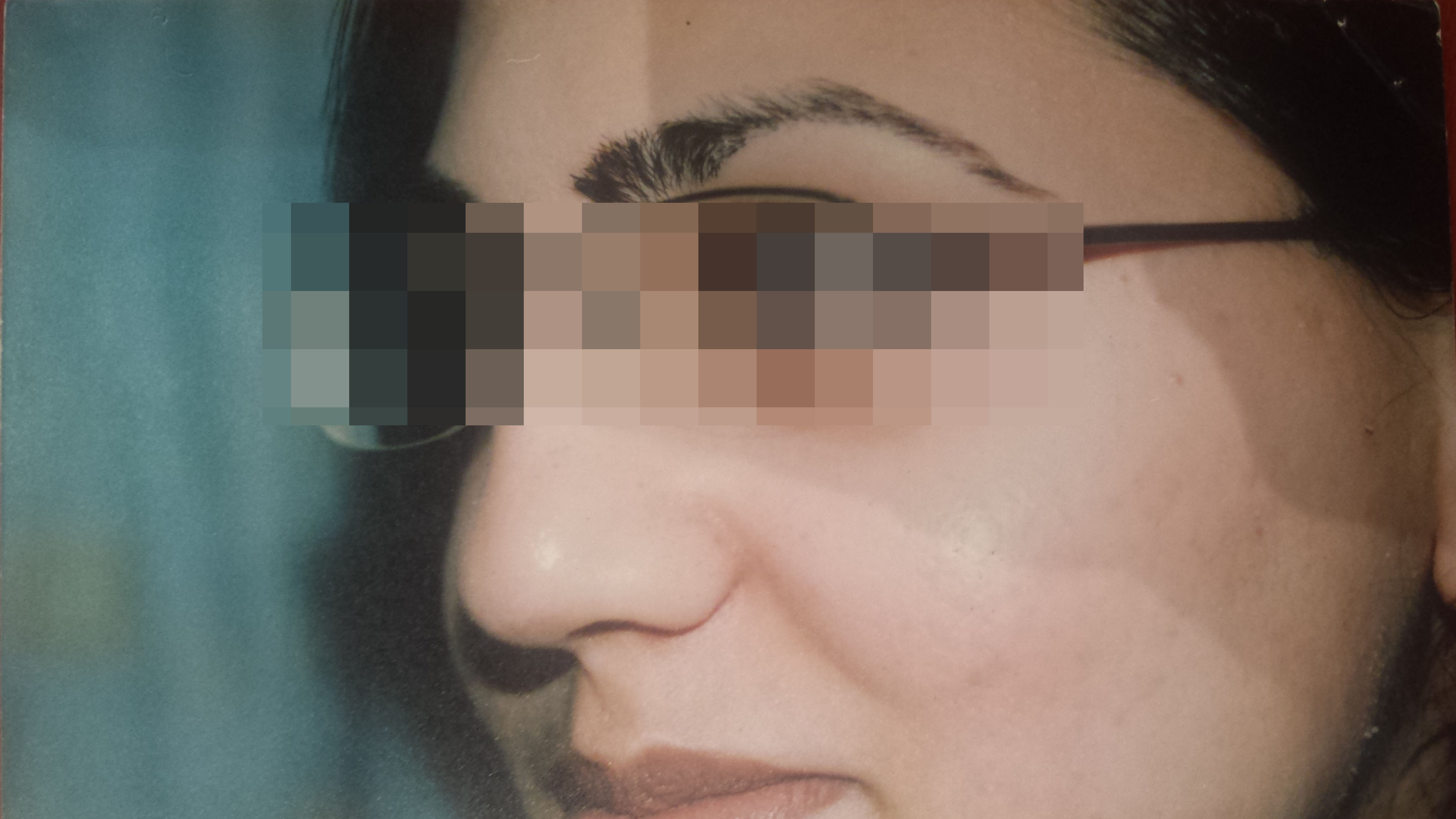Acne, or acne vulgaris, is a skin disease that is most often a long term one. It is characterised by blackheads, whiteheads, pimples, pus-filled boils and oily skin that may lead to scarring on the skin.
The most common areas for acne are the face, upper chest, and back. It is caused due to the blockage of the hair follicle pores by dead skin cells and oil.
What causes acne?
Acne is most often linked to changes in hormone levels particularly that of androgens like testosterone, mainly during puberty, but can arise at any age.
The change is hormone levels affects the sebaceous (oil) glands to produce excessive oil known as abnormal sebum. The additional sebum aggravates the usually harmless skin bacterium P. acnes which cause inflammation and pus. The hormones thicken the inner lining of the hair follicle, leading to blockage of the pores. Washing the skin does not clear the blockages.
How can acne be avoided?
- Acne is not proven to be related to diet, hygiene, cigarette smoking, sexual activities or exposure to sunlight. It is however known to be a genetic problem in up to 80% of the cases.
- Acne can be controlled through lifestyle changes, medication or treatments.
- Keeping your skin clean is very important. It is advised to wash the skin with a mild soap or cleanser twice a day, but not more frequently, with lukewarm water. Extreme temperatures of water worsen the acne. The skin must not be scrubbed to avoid irritation.
- In the case of dry skin, a moisturiser would be beneficial.
- Frequent use of heavy make-up and other cosmetics should be avoided. All make-up should be removed before going to bed.
- Water-based and fragrance-free products that are described at non-comedogenic are preferable.
- Sweat should be cleaned off as soon as possible as it can irritate the acne.
- Hair should be washed regularly and prevented from falling across the face.
- Picking at or squeezing the spots and blackheads may lead to permanent scarring. It’s best to resist the temptation to do so.
Acne also leads to reduced self-esteem and depression which can be elevated through maintaining a good diet, exercise and following mood-elevating activities.
Although acne cannot be cured, there are multiple creams and gels that help to control it. These are easily available at the pharmacies. In the case of severe acne, it would be prudent to visit a doctor for prescribed antibiotics and other acne treatments.
Why should you choose our acne treatment?
High Precision Dermatology is a compact solution to skin diseases, and acne is no exception. Our experts at HPDC apply homeopathic acne drops along with Prof Robert Feigin cream on the affected area of your skin. Further, our experts also prescribe a diet chart based on your previous medical history and other factors so that acne is treated effectively.
We do not condone the use of needles, knives or lasers; nor do we prescribe harmful steroid based drugs that may harm your body. Instead, we rely upon natural and effective homeopathic acne treatment methods to treat your acne.
Contact HPDC
To get the best acne treatment in London, you can reach out to our experts at HPDC and have your skin issue treated effectively.
Before

After

Before

After

How do I make a booking?
Call our customer service on 020 8144 3773 or use theBook a Consultation
Do you accept Health Insurance?
We are a private company with no public funds and provide an alternative to the conventional health service therefore we don’t accept any Health Insurance
Can my GP refer me here?
We are a private company with no public funds and provide an alternative to the conventional health service therefore your GP cannot refer you to us
Will you provide any personal medication should I need them?
The High Precision Dermatology Centre have its own in house Homeopathic pharmacy. Should you require any medications we can supply these immediately and will talk you through how to use them before you leave the clinic.
Are evening and weekend appointments available?
Call our customer service on 020 8144 3773 or use theBook a Consultation
What are the causes of Psoriasis ?
Typically causes patches of skin that are dry, red and covered in silver scales. It can cause itching or soreness. Many people have only one form of psoriasis, although two different types can occur together, or become more severe.
What are the causes of Birthmarks ?
Birthmarks are coloured marks that are visible on the skin. They’re often present at birth or develop soon afterwards. The two main types of birthmark are: Vascular Birthmarks (often red, pink or purple) caused by abnormal blood vessels in or under the skin. The Pigmented Birthmarks (usually brown) caused by clusters of pigment cells.Read More…
What are the causes of Skin Tags ?
Skin tags (acrochordons) are small flesh-coloured or brown growths that hang off the skin and look a bit like warts. They’re very common and harmless. Skin tags can vary in size from a few millimetres up to 5cm wide.Read More…
